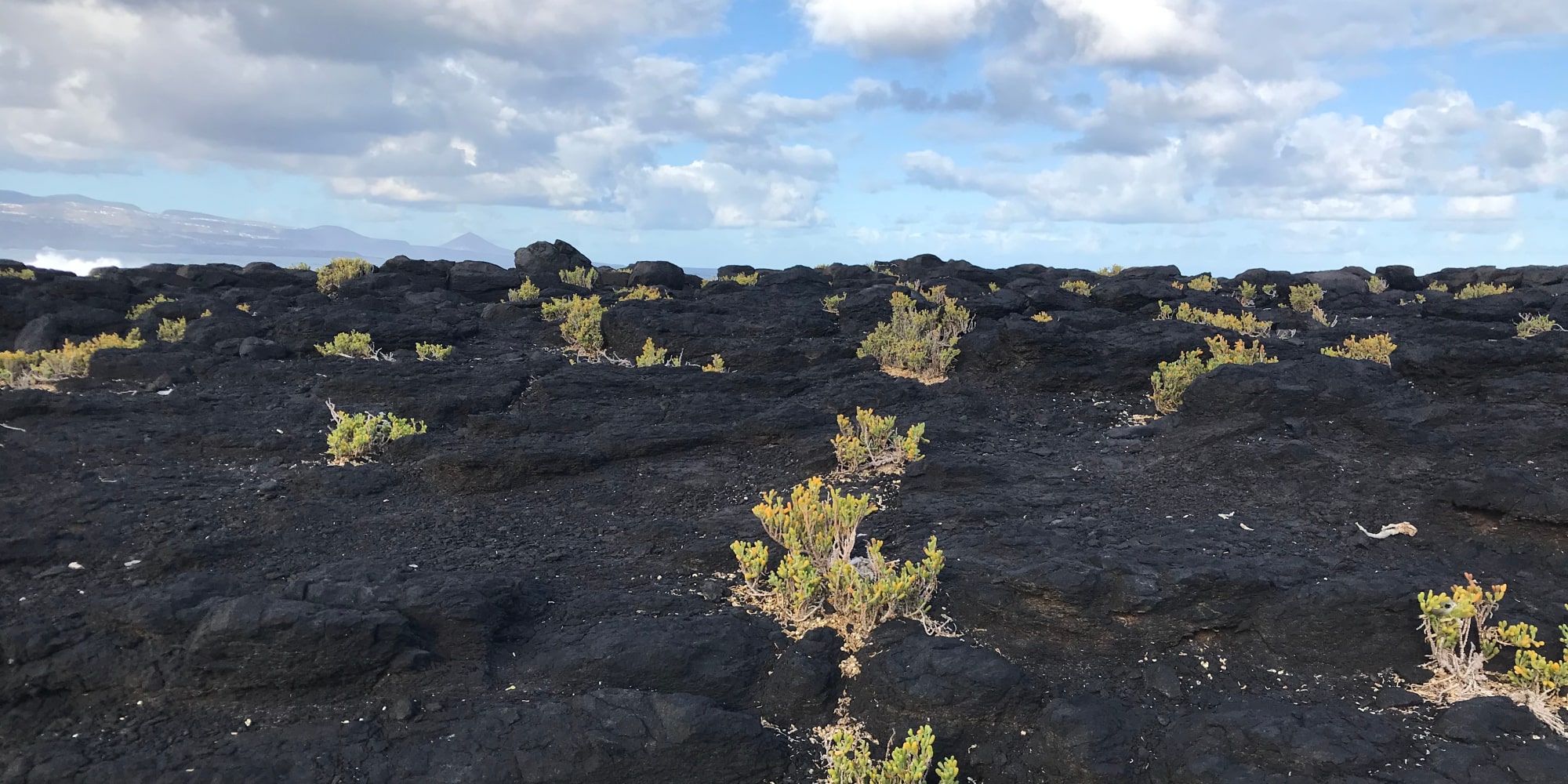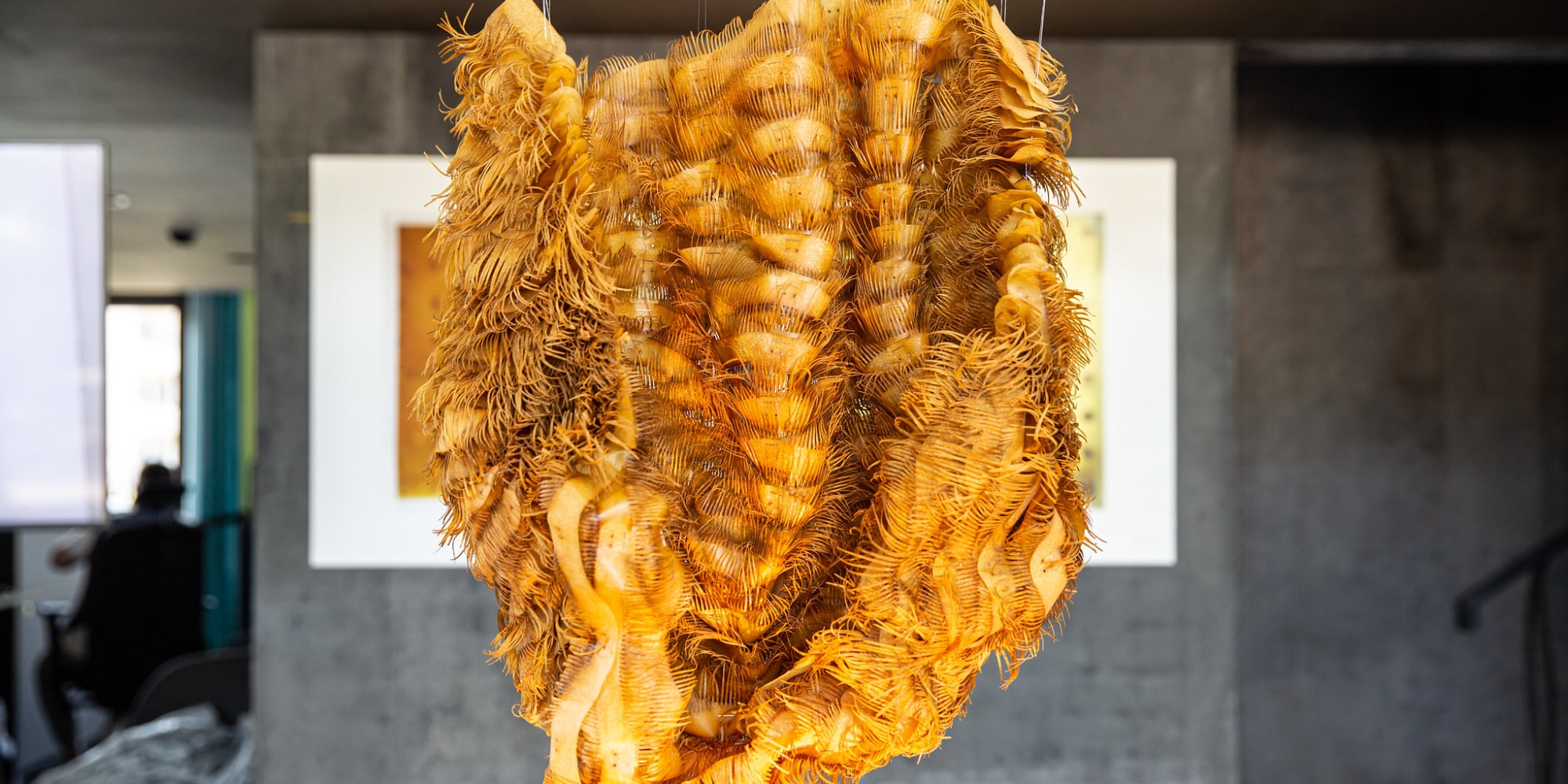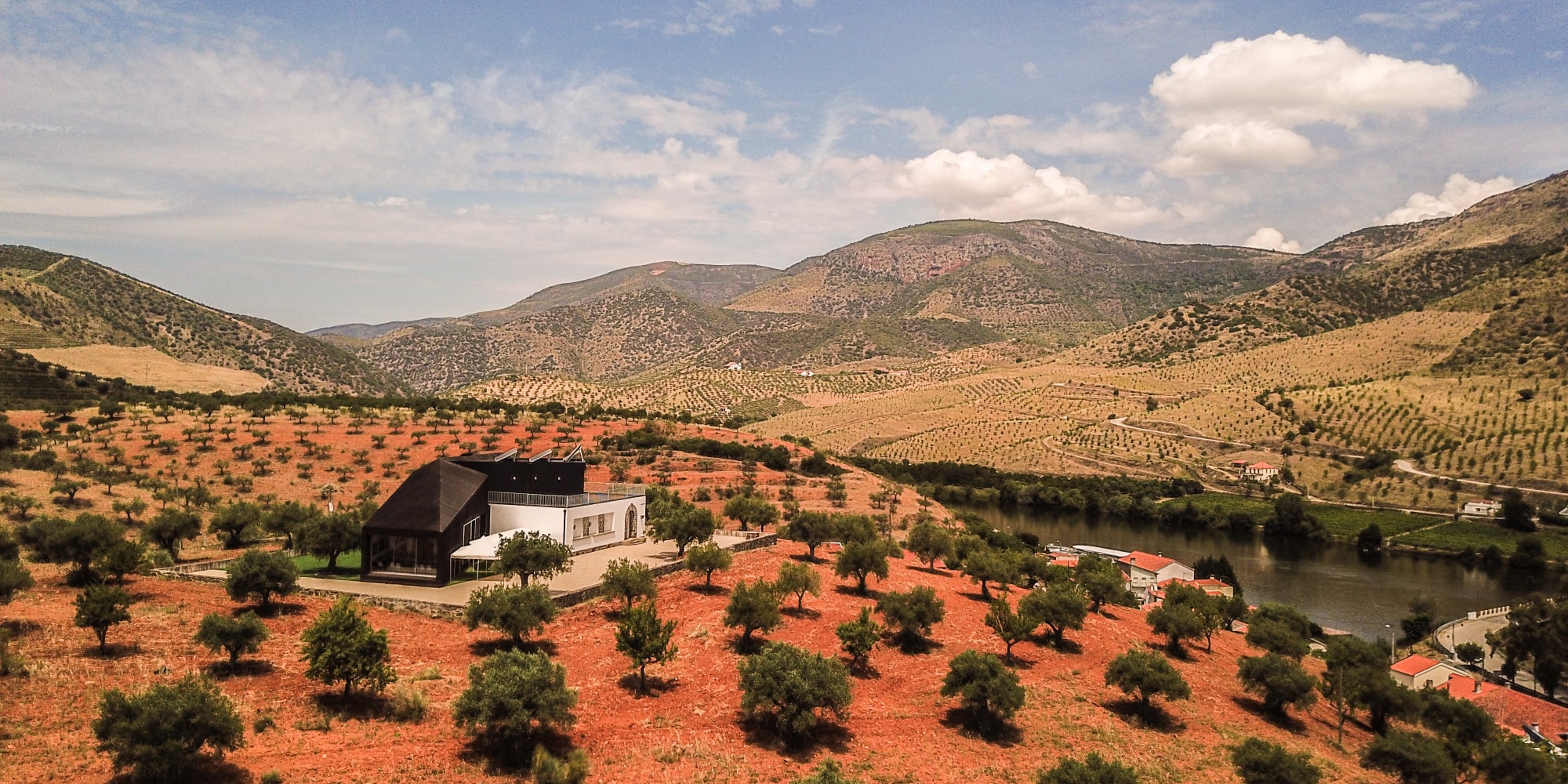by Anna Grubauer, Kristina Maurer, Andrew Newman
The sustainability discourse has been mainly discussed within the natural sciences and technology fields, with recent contributions from the social and political sciences. However, it is becoming clear, that interdisciplinary approaches are needed to face the multi layered challenges connected to the biodiversity and climate crises. Even though we might never understand the full complexity of the earth’s ecosystem, we can try to use different perspectives and angles to create a sustainable and high-quality living environment for human and non-human entities.
Connecting our socio-economical with our environmental problems is quite the challenge, but it might also have the biggest impact in the long run. Only if we take both factors into account, we can utilize their correlations. Many initiatives across the globe are currently raising awareness for these interdependences – among them the new wide-ranging initiative by the European Commission New European Bauhaus, which started earlier this year with Ars Electronica as one of its partners. Its main goal is to connect the European Green Deal to our living spaces by experimental and collaborative approaches with a focus on combining art and science for a more sustainable future and better quality of life. By aiming to transform our existing environment to reduce our emissions and create long-term social value, the project is a cultural, environmental and economic initiative at the same time.
The question is, how can art and culture contribute to the awareness of our biodiversity and climate crisis, and even further help to find and understand solutions? Beyond the mentioned New European Bauhaus, Ars Electronica is taking part in several projects in the sphere of Creative Europe and Horizon 2020 on creating and sharing knowledge on sustainability between partners and bringing it into broader communities by connecting artists and creative producers, citizens, experts, businesses and institutions to facilitate conversations.
Biodiversity Crisis and Plant Resistance
Roots&SeedsXXI is one of these projects, advocating for a more sustainable future and aiming to foster habits to take better care of our environment, specifically plants. For this purpose, the project promotes sustainability through actions and commitments that stem from both artistic and scientific practices.
The project recently announced the winners of the Open Call: Marit Mihklepp for the residency and the collective Posthuman Studies Lab as well as Laura Cinti for artwork productions. The chosen projects revolve around the burning topics of biodiversity, plant extinction and the many knowledge gaps we still have in these areas. With creative, even speculative approaches, they create scenarios on the possible futures in times of the Anthropocene by questioning our perception and relationship to nature, and ultimately asking what nature even means. Is it the opposite of culture or technology, or can we overcome this dichotomy and proactively play on the interdependences? All three projects acknowledge that there are other entities besides humans that we can learn from and interconnect with, not by saving them from technology and human impact but by using technology in a conscious way. By working together with scientists and research institutions these artists combine field work and research with artistic methods. The outcomes will be presented at the Ars Electronica Festival 2022.

Art meets Science in the Anthropocene
Ars Electronica’s approach to raising awareness and fostering discussions on environmental challenges is also manifested through an inverse residency model within the project STUDIOTOPIA where scientists are offered to be hosted in artist studios. Drawing from posthumanist theories, this initiative seeks to propose new relations between nature and culture at a time of alarming phenomena such as climate change, migration and fake news and aims to increase collaborations between cultural and research institutions, academia, innovation centers, creatives and European citizens.
In this framework, Ars Electronica is hosting a residency that brings together artist Kat Austen and the scientists Indrė Žliobaitė (University of Helsinki, Finland) and Laurence Gill (School of Engineering, Trinity College Dublin) in a collaborative project, with a special focus on microplastics and their ubiquity. Their concept is based on the term “plastisphere”, which points out the reach of this artificial material across the globe and how ecosystems already adapt and feed on plastics. With their durable and long-lasting properties, the plastic particles have a completely different timeline than its environment. The team is currently developing a project that examines the migration on microplastics through ecosystems by also considering the clashing time scales. They focus on a global, rather than a human, perspective and explore the effects of the spread of microplastics might have in the long run.
The urgency of raising questions and finding solutions on the environmental crisis is also reflected by a number of other STUDIOTOPIA residencies hosted by our European partners that focus on these topics. ONASSIS Stegi is currently hosting two of STUDIOTOPIA’s residencies. The artist collective 3 137 is collaborating with scientist Dr. Audrey-Flore Ngomsik (Trianon Scientific Communication). Their research and practice focus on the impacts of the food industry and how we can change our daily habits for a more sustainable future. Another Collective, Hypercomf, are working with scientist Markos Digenis (University of Crete, Department of Biology) on a project centering the marine ecosystem and the connection of humans and the sea. They explore the idea of seemingly untouched ocean depths and how even those are affected by human influence. At GLUON, the Brussels-based platform to maximize collaborations between arts, science and technology, the artist Siobhan McDonald is working together with Prof. Chris Bean (DIAS), Teresa Lettieri (DG Joint Research Centre) and Dr. Emily Shuckburgh (Cambridge University, Department of Computer Science & Technology) to explore the effects of the melting Arctic permafrost. Their project draws attention to what is exposed as the ice melts: forgotten seeds and plants but also toxic gasses. The outcomes of these collaborations will be exhibited in partnering venues across Europe between 2021 and 2022.
Innovative Approaches for a human-centered, sustainable future
The central question posed within Ars Electronica’s programs is always focused on the human being itself and its relationship to the technologies which impact every aspect of our lives and environment. This understanding of a societal and environmental responsibility to strongly consider how, where and why new technologies come into play aligns very strongly with the core values and ideas of the European Commission’s STARTS initiative. It emphasizes the role of citizens in not only understanding but also actively partaking in innovation, by supporting artists, researchers and designers who develop new ways to tell and experience stories that raise awareness about societal and environmental challenges.
Prime examples are the two winning projects of the STARTS Prize 2020. “EDEN – Ethics – Durability – Ecology – Nature” by Olga Kisseleva touches on plant extinction and the interaction of and with non-human species. The ongoing project explores the communication of plant species around the globe to access their biological and historical memory. “Design by Decay, Decay by Design” by Andrea Ling is a series of artifacts that exhibit designed decay, to imagine a world without waste. Instead of ignoring the many issues of unwanted things ending up in landfills, Andrea Ling puts value into garbage. She creates materials that go beyond the sole use for humans and advocates for a new approach to design that focusses not only on the creation of objects, but also their decay.

Another project tackling these topics is the STARTS Lighthouse pilot Re-FREAM, which aims to rethink the manufacturing process of the fashion industry to be more human-centered, inclusive but also sustainable. Again, the approach is to introduce art-driven innovation as key driver to a more sustainable future. One of its awarded projects is “Cooking New Materials” by Youyang Song, a new technique to process biowaste into a leather-like material. By using fruit peels and natural binding agents, the material is completely biodegradable, while still being robust, durable and water resistant.
Co-creating a Sustainable Future with Schools and Communities
Ars Electronica is also looking to find local solutions to global challenges as a member of the Open Science Hub (OSHub) Network. Across the different OSHub locations, schools and their communities identify local relevant challenges, linked to the Sustainable Development Goals, which are then combined in shared global Open Schooling Missions, enabling real collaboration across communities.
In Switzerland, schools will develop floating stations to monitor the quality of water in rivers and in the lake Lèman. Schools and the Fab Lab Onl’fait will work closely with the association Maison de la Rivière, the engineering school HEPIA, the regional office for water management and other stakeholders to identify the scientific objectives of the mission, build and install the stations, analyse and communicate the results. Thanks to this research-type approach, students will understand the variety of profiles and competences needed to tackle such a broad issue and will understand the importance of science & technology, collaboration and communication.
In the Czech Republic, science in is operating an OSHub through a school in the village of Zdikov where they experience significant problems with air pollution. Almost 90% of the houses are heated by brown coal, mostly through improper combustion in old boilers. In collaboration with Charles University, the OSHub will perform air quality measurements and initiate public discussion about the results and their health consequences within the local community. Potential solutions of problems will be medialized and will serve as an example for villages with similar problems.

In Portugal, the OSHub hosted by the Municipality of Figueira de Castelo Rodrigo is fighting for the quality of our river streams and to understand how it is impacted by human activities. For that, the project partnered with the international citizen science project Drinkable Rivers, where schools and local inhabitants are actively involved in assessing the health status of the Douro River, by performing periodic analysis of several parameters, such as pH, phosphates, nitrates and hardness. Additionally, the OSHub is also collaborating with STEM teachers towards transforming pre-existing curricular activities into more research-driven experiments with strong links to the surrounding territory, thus providing more meaningful learning experiences.
